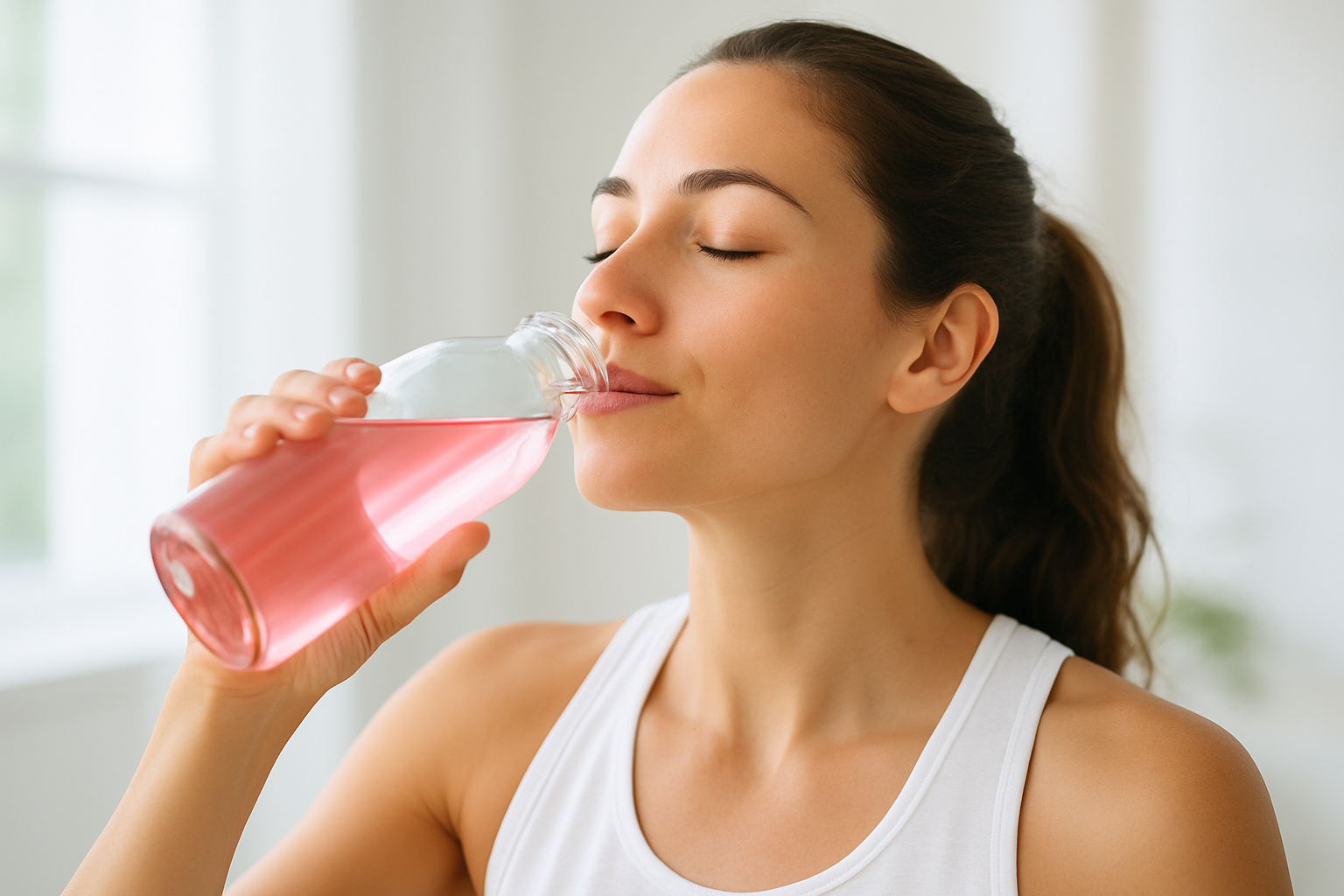What are Electrolytes and Why do I need them?

Electrolytes are minerals that are essential for your body to function. The main electrolytes are sodium, potassium and chloride as well as magnesium, calcium, phosphate and bicarbonates.
Why are electrolytes important?
Electrolytes are essential for basic life functions. This includes maintaining fluid balance and helping muscles and nerves to work properly. Your body works to keep electrolytes in the correct ratios. If the level of electrolytes in your body becomes too high or too low, it can disrupt normal body functions. In severe cases, this can even lead to life-threatening complications.
What is a good source of electrolytes?
You get electrolytes from foods and fluids in your diet. The main types of electrolytes include:
- potassium
- sodium
- chloride
- magnesium
- phosphate
- bicarbonates
Good sources of electrolytes include the following.
- Sodium and chloride are mostly found in your diet as salt (sodium chloride). Foods high in salt include bacon, olives, prawns, cheese, pickles and anchovies. They’re also found in some sauces, like soy sauce.
- Foods that have potassium include bananas, apricots, spinach and potatoes.
- Good sources of calcium include milk (and fortified milk alternatives), cheese, curly kale and bread made with fortified flour.
- Phosphate is found in dairy foods, meats, fish, nuts and beans.
- Good sources of magnesium include nuts, seeds, greens, whole grains, dry beans and dark chocolate.
You should be able to get all the electrolytes you need through a healthy, varied diet.
What causes an electrolyte imbalance?
Your body is very good at maintaining electrolyte levels within the correct amounts, and your kidneys play a vital role in this process. But sometimes, the balance can change, and your electrolyte levels can become too high or too low.
There can be several reasons for this. Certain medications can cause an imbalance. Or you may have an underlying health condition that affects your electrolyte levels. These conditions include:
- kidney disease
- heart failure
- diabetes
You also lose electrolytes when you sweat. So, your electrolyte level may also drop too low if you’re sweating more than usual (such as during an intense or long exercise session). Vomiting or diarrhoea can cause your electrolyte levels to drop too.
When might you need more electrolytes?
Most people should get all the electrolytes they need from a healthy, varied diet. But there are some circumstances when taking additional electrolytes may help.
This includes if you’re doing strenuous exercise, especially if it’s for longer than an hour. It’s recommended to drink water before, during and after you exercise to keep hydrated. However, if you’re exercising for longer than an hour, it’s important that you also replace the sodium that you lose through sweating. Sports drinks that contain electrolytes, including sodium and potassium, can be a useful way to replace lost electrolytes.
An electrolyte supplement may also be useful if you’ve had vomiting or diarrhoea. A doctor or pharmacist may advise you to have oral rehydration therapy, which contains electrolytes such as sodium and potassium.
These are available as solutions or powders that you mix with water.
What happens when your body is low on electrolytes?
When your body is low on electrolytes, it can lead to symptoms such as:
- weakness and fatigue
- muscle cramps
- confusion
- feeling sick
- irregular heartbeat
Remember, most of the time, our bodies keep our electrolyte levels tightly controlled and there’s no need to supplement them. But it helps to be aware of what can happen when your electrolytes are too low. You can then give your body a helping hand to restore your electrolyte balance by taking electrolyte supplements.
Why not give ELEVATE Hydration +Creatine a try and restore your electrolyte balance today.



